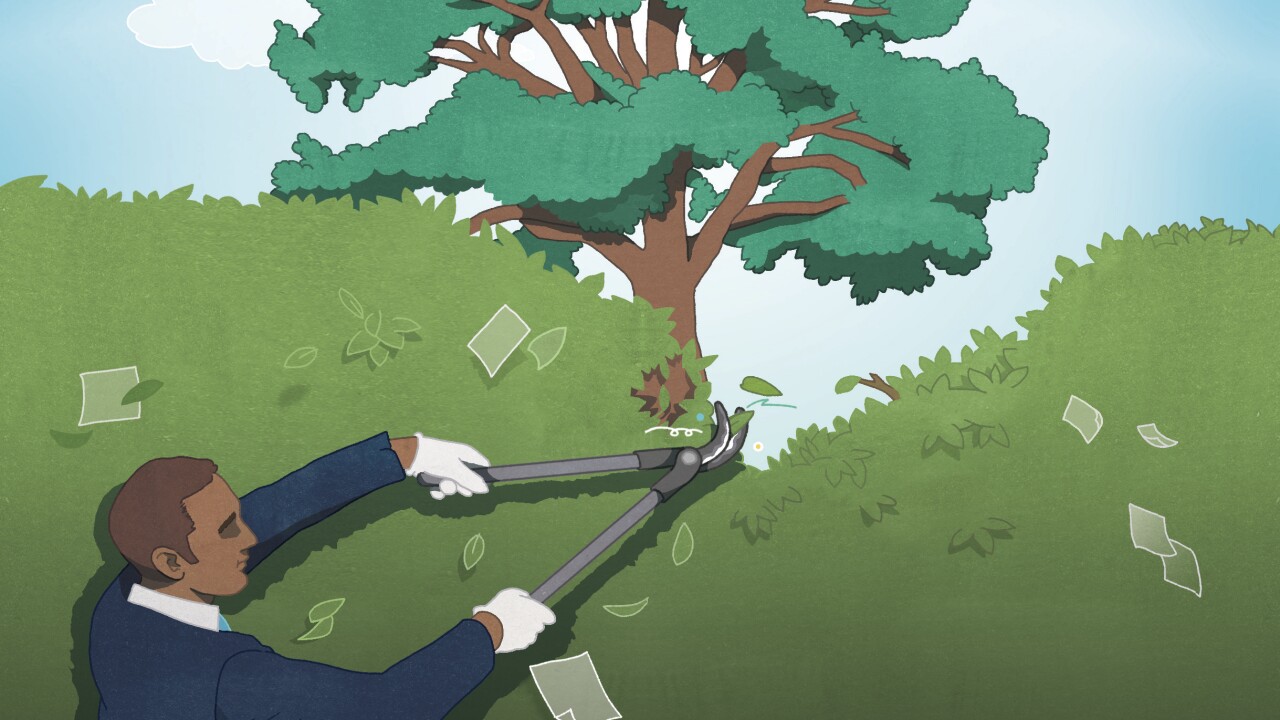Financial Finesse, a company that provides financial education services to businesses and their employees, has noticed an uptick in calls about budgeting and debt management.
The company has analyzed calls to its help line and online data from employees of over 300 businesses across the country, and compiled a report tracking what financial information employees were asking about and searching for online in 2009.
The report noted that the financial recovery has been tepid from a consumer standpoint, with consumers only marginally better off in 2009 than they were one year earlier. Debt calls did decrease from 39 percent of calls in Q4 2008 to 35 percent of calls in Q4 2009, a sign that consumers overall are beginning to recover, but other data revealed that consumers are not out of the woods yet. Retirement-planning calls remained unchanged from Q4 2008 to Q4 2009 at a dismal 8 percent of total calls, and there was a decline in most other proactive financial planning calls as consumers focused instead on managing their day-to-day finances in response to the crisis.
There are increasing signs, however, that consumers are making financial decisions that will benefit themselves and the economy in the long runnamely, continuing to cut costs, reduce debts, and increase savings. Budgeting and savings calls increased from 25 percent in Q4 2008 to 34 percent in Q4 2009, and as 2009 progressed, an increasing number of employees reported that they are paying off their credit card debt.
Short term, this dynamic is likely to delay GDP growth and forestall a full recovery. However, this has positive economic implications in the long run since Americans will have more savings to invest in the market and real estate.
The most surprising aspect of the 2008/2009 recession is consumer resilience in the face of one of the worst economic crises since the Great Depression. For all the stimulus packages and public policy changes, it may end up being the American consumer who ultimately makes the biggest contribution to a long-term recovery.
In Q4 2009 the percentage of calls on budgeting nearly equaled calls on debt at 34 percent and 35 percent, respectively. This was the first time these two have mirrored each other so closely since the company began analyzing consumer financial issues nearly a decade ago.
In previous years, debt calls significantly outnumbered budget calls, often at a 2-1 ratio. The fact that they are now close to parity means that consumers are dramatically shifting their attitude towards their money and the way they manage it to become more responsible consumers, savers, and investors. Instead of becoming victims of the crisis, they are using it as an opportunity to get their financial house in order recognizing that they cant control the swings in the market or the actions of their employers, but they can control how they spend, save and invest their money.
For the last decade, theres been a transition from companies paying for retirement and health care benefits to employees needing to self fund these benefits. Employer-sponsored retirement plans are being cut and many companies have halted their pensions due to the fact that the Federal Pension Guarantee Fund has been in the red for the past seven years. In health care, a 2009 study by Hewitt Associates showed that employers were reducing health benefits, with nearly one in five reporting plans to cut health benefits over the next three to five years.
Until recently, it has taken consumers a while to adapt to these changes, with many not saving enough for retirement or healthcare. This year, however, the economic crisis gave consumers a wakeup call and they began to dramatically shift their perspectiveplanning for the worst, rather than only hoping for the best.
The story of 2009 was one of failure and redemption, said Financial Finesse CEO Liz Davidson in a statement. 2009 will be remembered by many as a turning point in their financial lives. The consistent phrase we kept hearing was never again. Never again will I rely on someone else to secure my financial future. Never again will I take on a mortgage I cant afford. Never again will I live without an emergency fund. The list goes on, but the refrain was the same all over the country. It transcended culture, gender and income levels.





